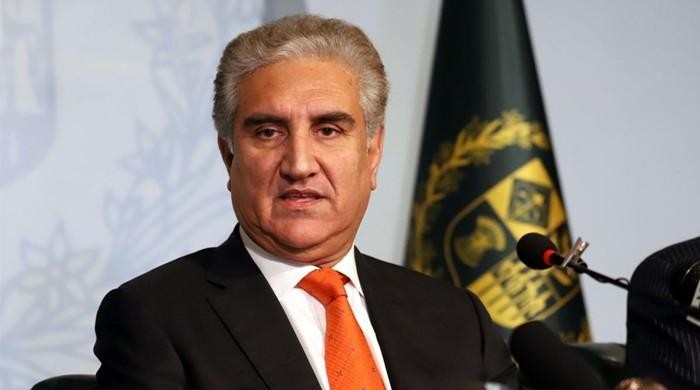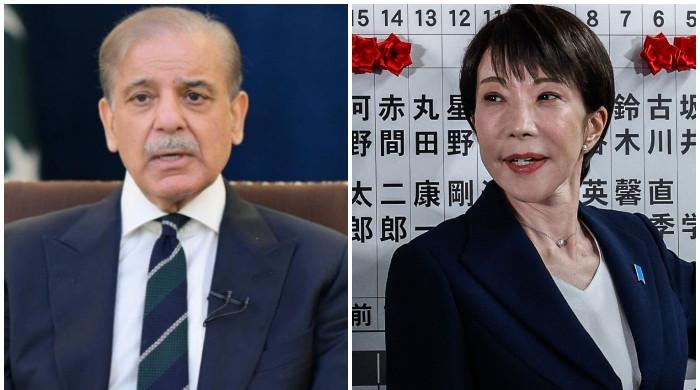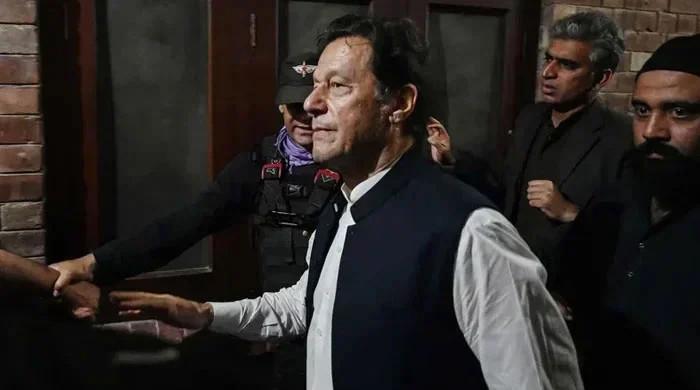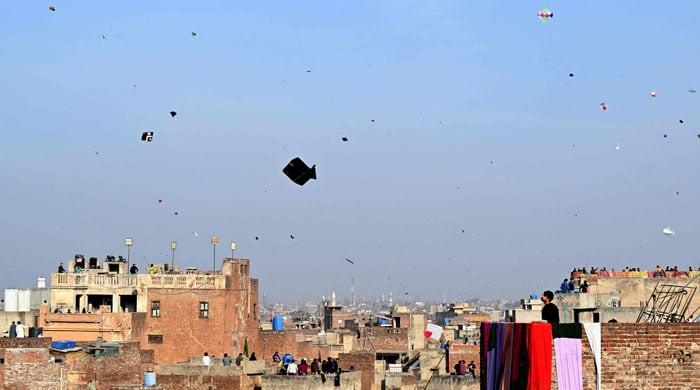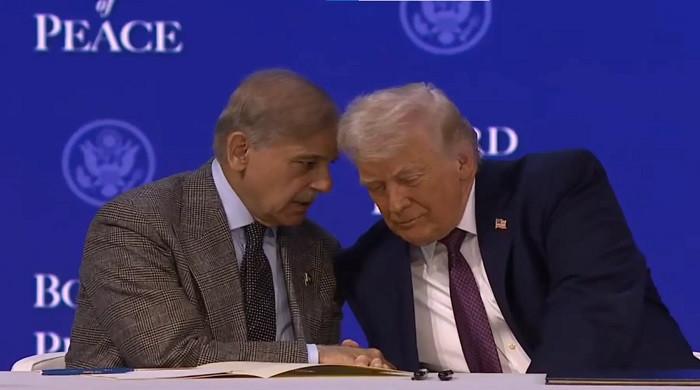Pakistan foiled India's attack plans by warning of severe retaliation: sources
Pakistan thwarted India's plans to target Pakistani airbases and carry out missile attacks by acquiring timely intelligence
March 04, 2019
ISLAMABAD: Pakistan thwarted plans by India to target Pakistani airbases and carry out missile attacks by acquiring timely intelligence and warning India of severe retaliation, sources told Geo News on Monday.
High-level sources informed Geo News that, after Pakistan's airstrike on February 27 humiliated India, their forces had planned on targeting six to seven airbases in Pakistan.
After learning of these planned attacks, Pakistan’s security agencies warned their counterparts in India that Islamabad was ready and that, if there would be an attack, the magnitude of Pakistan’s response would be thrice as much.
Prior to these events, Pakistan's Prime Minister Imran Khan in Parliament had announced the country's decision of to release Indian Air Force pilot Abhinandan Varthamam, who was captured on Feb 27 when his MiG-21 among two Indian military aircraft was shot down by Pakistan Air Force after they ventured into Pakistani airspace. Rangers officials handed over the captured pilot to Indian officials at Wagah border crossing on Friday night.
But the humiliation, first at the hands of the superior Pakistani Air Force and then following the release of the captured pilot as a peace gesture, forced Indian forces to plan attacks at six to seven airbases inside Pakistan. Pakistan foiled this attack when its intelligence agencies learnt of the Indian plans and the government sent a stern warning message to India through friendly countries.
High-level sources also informed senior Geo News journalist Hamid Mir of India's plans of a second attack—this time targeting the Pakistani city of Bahawalpur with missiles from its base in Rajasthan. To foil this attack, Pakistan again sent a message to India via third countries that, if there were an attack, there would be a strong response.
During his address in Parliament on Thursday, Prime Minister Imran Khan also pointed out that there were threats of a missile attack the previous night and Pakistan's forces were fully prepared to retaliate, but the situation was defused.
Mir said at the present there was no direct contact between Islamabad and New Delhi, but indirectly there had been contact through some global leaders from friendly nations.
"High-level government sources have told us that security agencies of Pakistan and India remain in contact despite the tension. There was also contact on the night of February 27 and 28," Mir added.
'Threats of India carrying out terrorist attacks in Pakistan’
The senior journalist also spoke on his high-level government sources informing him of threats of India carrying out possible terrorist attacks in cities of Pakistan. Mir further said his sources had informed him that India would not cross the international border but have terrorist attacks carried out in cities of Pakistan. "This information has also been shared with friendly countries," Mir added.
The senior journalist further said that although tension had decreased, Pakistan's Armed Forces and security agencies remained on high-alert. “The situation changed after Pakistan released the Indian pilot and Islamabad received support on the diplomatic level.”
According to Hamid Mir, first it was only Saudi Arabia, Turkey, and the United States which were involved, but over the last two days, British Prime Minister Theresa May has also played an immense role in defusing tensions.
"Friendly countries and international players have been informed by Pakistan that the country's actions show we want peace and have given proof of this by releasing the Indian pilot and now Modi needs to take steps that show India also wants peace," Mir said.
Speaking on the Indian dossier on Pulwama attack, Mir said the dossier did not contain any actionable evidence on the basis of which Pakistan could take action against JeM or Masood Azhar. According to Mir’s high-level sources, the government in December 2018 had decided on a plan to bring banned organisations into the mainstream.
